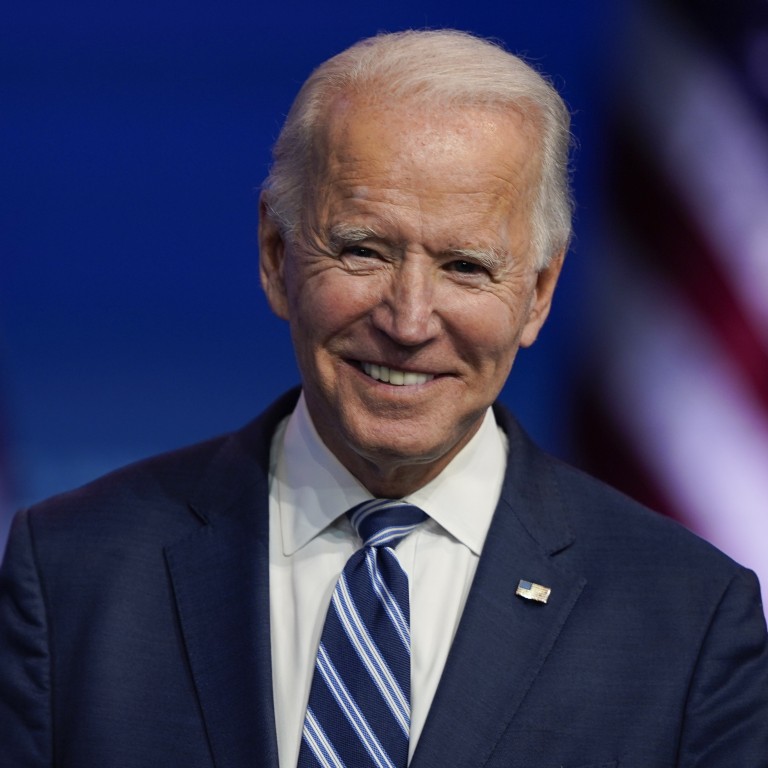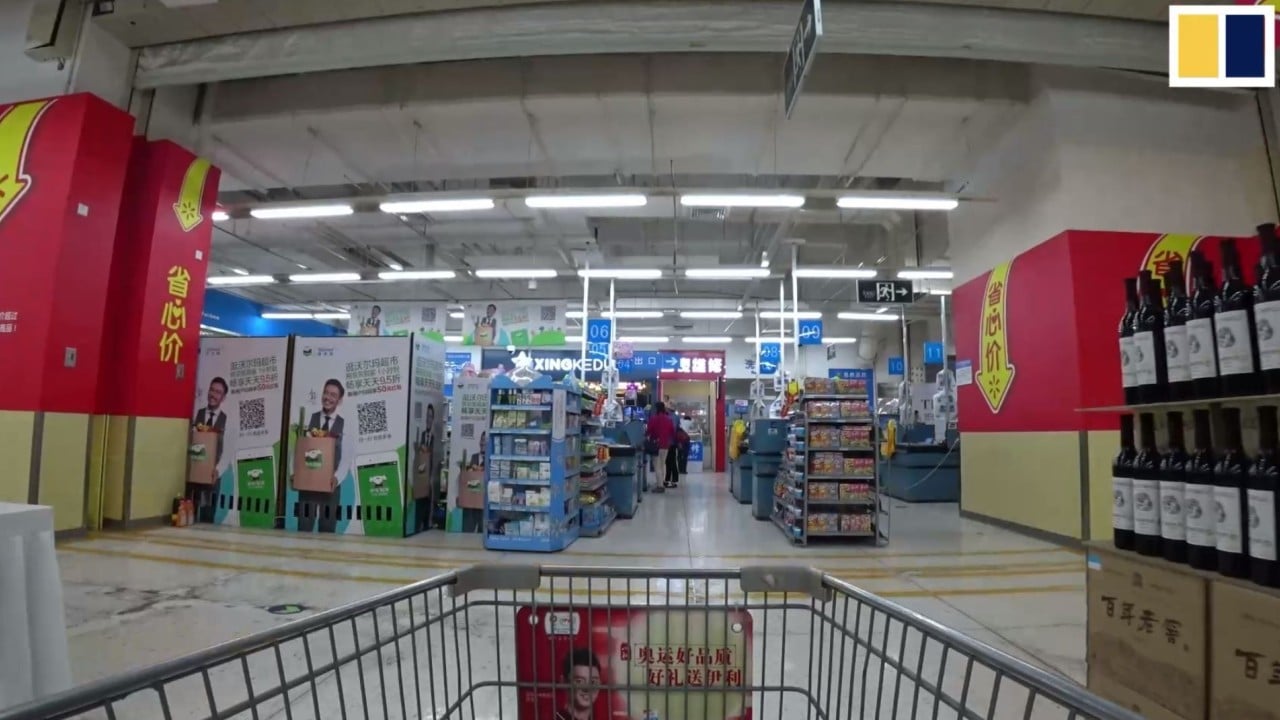
China’s former central bank chief urges revamp of modern central banking
- Zhou Xiaochuan, who was the head of People’s Bank of China (PBOC) for over 15 years until 2018, supports reform of the way inflation is defined and measured
- US president-elect Joe Biden has flagged a cost of living index which factors in asset prices as well as the cost of public services
An important issue here is whether the monetary policies of major developed economies are still in line with economic and financial realities
“A basic textbook on economic law of central banking is that excessive monetary easing (with money supply growing at a faster pace than [gross domestic product] growth) will lead to inflation. But this law is no longer working and the foundation of our knowledge is being challenged,” said Zhou in an article published by the PBOC on Friday.
“An important issue here is whether the monetary policies of major developed economies are still in line with economic and financial realities.”
Central banks in advanced economies are struggling to cope with ultra-low inflation rates even as benchmark interest rates have been cut to levels near or below zero.
The US Federal Reserve and the Bank of England are holding short-term borrowing cost near zero, while the European Central Bank and the Bank of Japan have already cut their main policy rates into negative territory.
These efforts, though, have failed to generate inflation even as economic growth has picked up, with medium-term targets at or near 2 per cent remaining remote.
“Ultra-low inflation poses a challenge to a central bank’s monetary policy operation and its theoretical framework … and the theoretical foundation of the inflation targeting system has been shaken,” added Zhou.
“The purpose of a central bank’s attention on inflation is because it matters to the well-being of citizens, the stable operation of an economic system, and public expectations for the future.”

01:10
What are CPI and PPI?
Zhou added that a central bank eventually has to look beyond inflation and at people’s well-being, asking “what life quality can a certain level of income sustain” and “how hard or easy it is to obtain such an income”.
For example, if a person has to earn his living by working overtime every day including weekends, and spends a lot of time on their daily commute, their cost of living is actually high but existing inflation indicators cannot reflect such costs, Zhou explained.
In particular, Zhou noted that the exclusion of asset prices, including property prices, from consumer price indices leaves traditional inflation indicators out of touch with real life experiences of consumers.
Zhou quoted William Dudley, the former president of US Federal Reserve Bank of New York, as saying that monetary stimulus has inflated asset prices and forced people to save more to achieve their goals – from a safe level of retirement to a college education for their children – which actually depresses consumer spending.
It is no longer possible to exclude them from the indicator of inflation, but how to include them is still a matter to be studied
Asset prices, Zhou added, can affect infrastructure investments and environmental protection measures that matter to consumption, meaning they must be included.
“It is no longer possible to exclude them from the indicator of inflation, but how to include them is still a matter to be studied,” he added.
In China, the debate of factoring in home price changes into the official CPI, which is compiled by the National Bureau of Statistics, is a complicated issue as such a change could result in a hefty increase of inflation – a scenario that the Chinese government would be reluctant to see.

